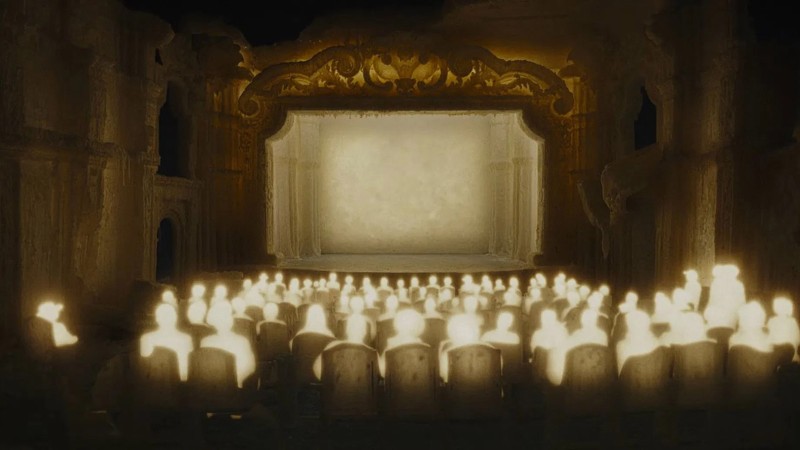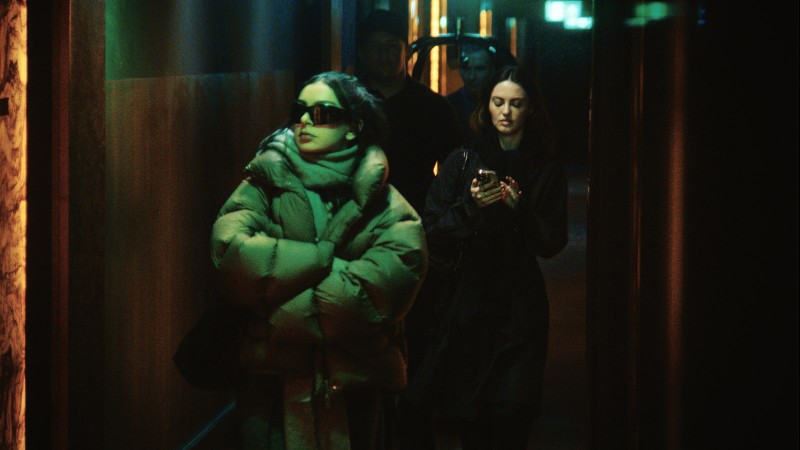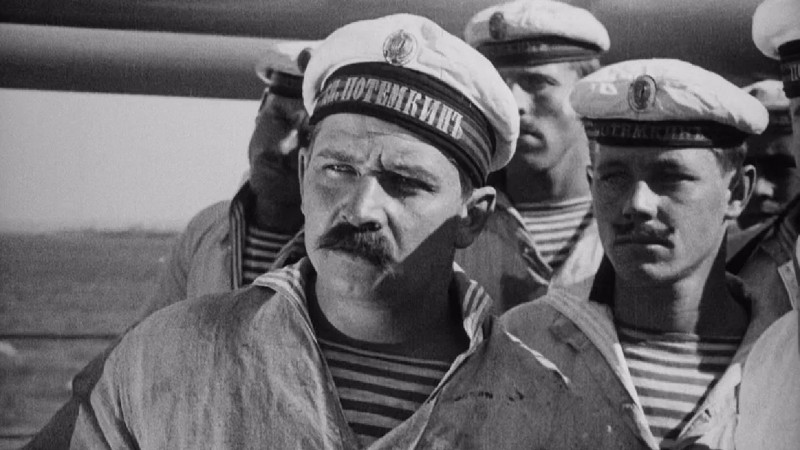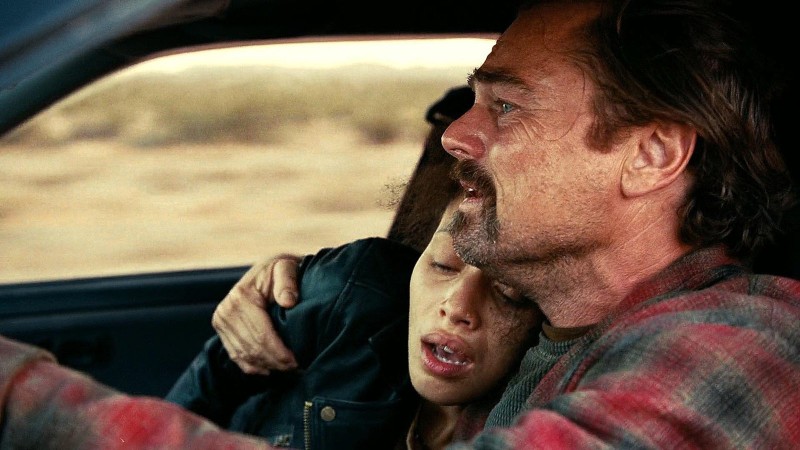Vertiginous Heights

Bernard Rose’s Candyman (1992) and its three sequels make for “a series of such deep pop cultural impact that it owns bathroom mirrors in much the same way that Psycho owns showers and Jaws owns the beach,” writes Matt Zoller Seitz in his tribute at RogerEbert.com to Tony Todd, who passed away earlier this week at the age of sixty-nine. Todd, “an elegant, six-foot-five, broad shouldered man, graceful and imposing,” played the ghost of a Black artist murdered in the late 1800s for his affair with a white woman.
- The Harvard Film Archive is currently showcasing gems from its Jenni Olson Queer Film Collection. From today through Tuesday, Olson herself will present 35 mm, 16 mm, and Super 8 prints of features such as Ann Turner’s rarely seen comedy Dallas Doll (1994) starring Sandra Bernhardt as well as shorts and clips, many of which she talks about with Kilian Melloy at Edge. Olson will also discuss her own work, including The Royal Road (2015), an essay that references Hitchcock’s Vertigo (1958). “Olson’s narrator relates to both Madeleine’s wayward attraction to the past and Scottie’s desire for unavailable women,” wrote Max Goldberg in a 2015 issue of the Brooklyn Rail. “‘Emulating the actors in my favorite classic Hollywood films, I happily acquired a new borrowed masculine persona,’ she recalls of her adolescence. ‘Experiencing myself as a fictional character has been a mode of survival for me ever since.’ Indeed, The Royal Road reminds us that a romantic identification with the movies is no less intense for cutting against the grain.”
- Lizzie Borden (Born in Flames, Working Girls) has programmed a series for Anthology Film Archives, Unraveling Women, and this evening, she’ll moderate a Q&A with the codirectors of Committed (1984), Sheila McLaughlin, who plays the ill-fated Hollywood actor and leftist activist Frances Farmer, and Lynne Tillman, who wrote the screenplay before turning to literary fiction. 4Columns film editor Melissa Anderson contrasts Committed with Graeme Clifford’s Frances (1982), starring Jessica Lange. “Shot on black-and-white 16 mm (by Heinz Emigholz, the German-born experimental filmmaker and cinematographer who also has a small part here as an imperious psychiatrist) in storied New York City cinemas, hotels, and alt-culture institutions,” writes Anderson, “Committed shuns the high histrionics of its Universal Pictures–backed antecedent for a more detailed look at the ideas that mattered to its protagonist.”
- Esther Garrel and Alex Zhang Hungtai star as Interpol agents in Dream Team, the new feature from Lev Kalman and Whitney Horn (L for Leisure). Opening today at Metrograph, Dream Team is an “homage to late-night cable thrillers from the 1990s, complete with a cheekily erotic edge,” writes Alissa Wilkinson in the New York Times. “It’s pretty silly, but that’s clearly a feature, not a bug.” Caroline Golum interviews Kalman and Horn for Screen Slate, noting that their “keen ears and a self-aware sense of humor offers a perfect tonal foil to the sun-flecked, painterly aesthetic of their major works—expectations rarely associated with chatty, low-budget ensemble comedies.”
- Kent Mackenzie’s The Exiles (1961), Chris Eyre’s Smoke Signals (1998), Warwick Thornton’s Samson & Delilah (2009), Sky Hopinka’s maɬni – towards the ocean, towards the shore (2020), and Erica Tremblay’s Fancy Dance (2023) are among the twenty-two “essential works of indigenous cinema” on a list put together for Time by Olivia B. Waxman after consulting indigenous filmmakers and film historians: “‘So many films are getting made, and so many voices are being heard,’ says Sterlin Harjo, a Seminole and Muscogee filmmaker and the creator of the Emmy-nominated Reservation Dogs. ‘I’ve seen short films recently that are going to blow people away. We finally have the freedom to be ourselves and tell our stories.’”
- Crooked Marquee has been on a roll this week, offering Edwin Arnaudin on Billy Wilder’s One, Two, Three (1961), Zach Vasquez on Dennis Hopper’s Out of the Blue (1980), and Craig D. Lindsey—who, by the way, digs into Quincy Jones’s scores for the caper comedies Dollars (1971) and The Hot Rock (1972) at the A.V. Club—on Peter Jackson’s Heavenly Creatures (1994). Last week, Sean Burns wrote about A Real Young Girl (1976), Catherine Breillat’s debut feature and an adaptation of her own novel about a fourteen-year-old’s exploration of her sexual desires. A Real Young Girl is “gross, shocking, and undeniably the work of a major artist, even when it feels like a work in progress,” writes Burns. Withheld from release until 2000, the film was “too dirty for most art film audiences and too off-putting for the skin flick crowds. This is a frank and commendably difficult evocation of a hormonal fugue state.”



